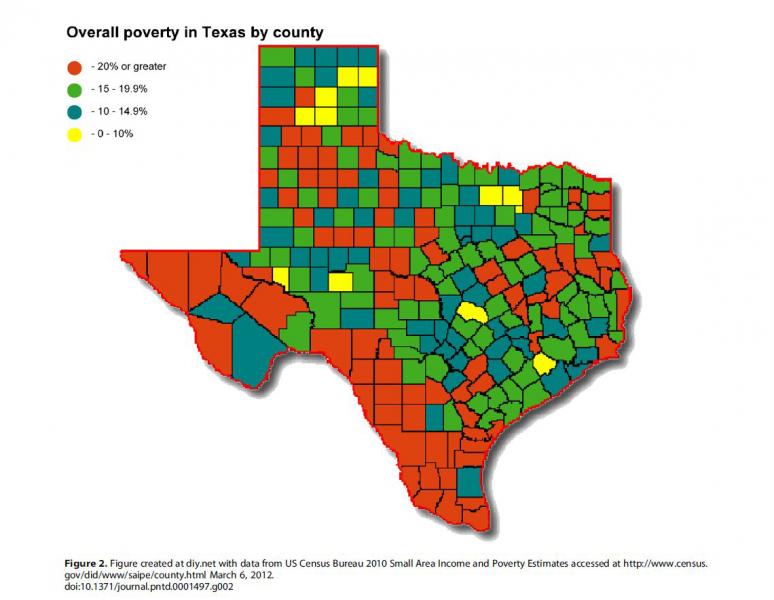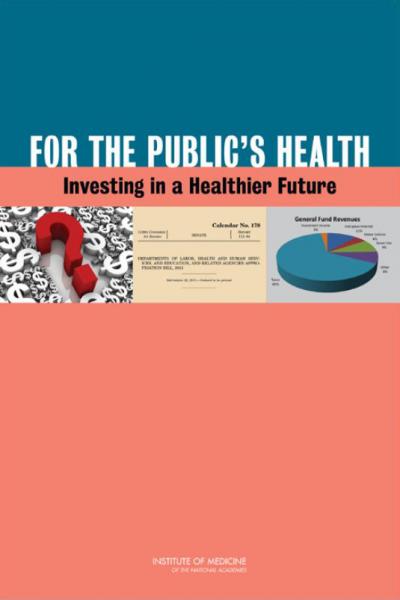You are here
Tue, 2012-04-17 17:45 — mdmcdonald
This working group is focused on discussions about health.
The mission of this working group is to focus on discussions about health.
Add Content to this group
Members
| Corey Watts | John Girard | jonber37 | Kathy Gilbeaux | Lisa Stelly Thomas | Maeryn Obley |
| mdmcdonald | MDMcDonald_me_com | mike kraft |
Email address for group
health-us@m.resiliencesystem.org




 chron.com - by Todd Ackerman - April 27, 2012
chron.com - by Todd Ackerman - April 27, 2012 submitted by Joyce Fedeczko
submitted by Joyce Fedeczko
Recent Comments